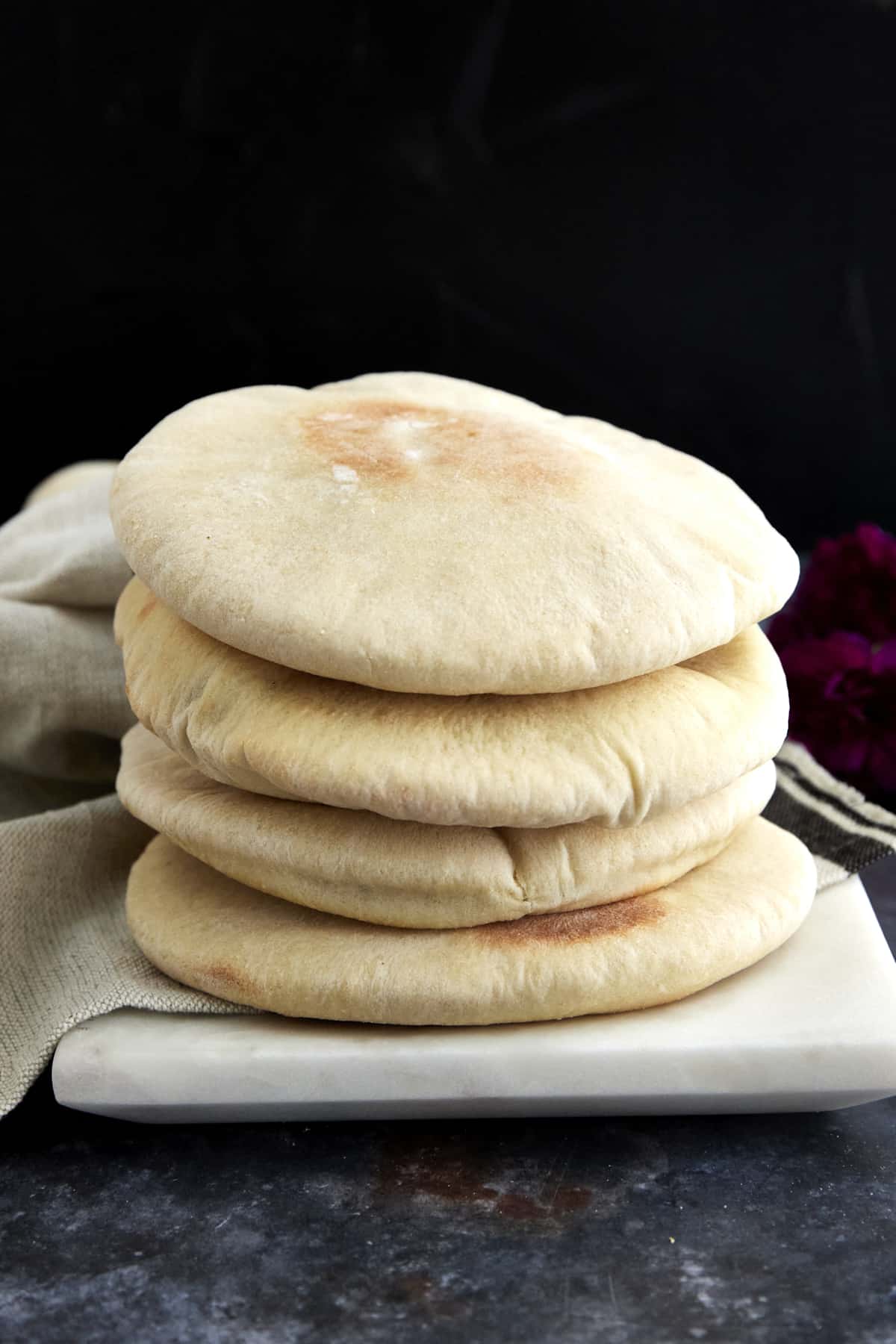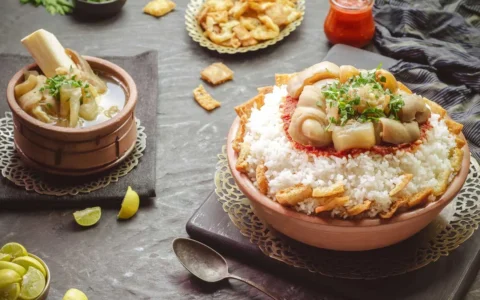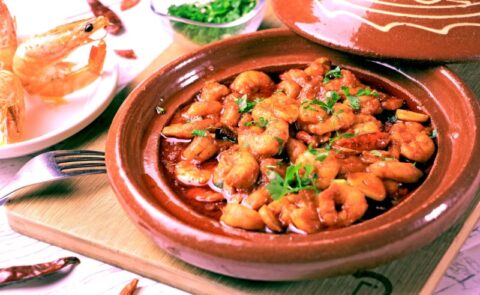Description
Egyptian bread, also known as “aish baladi”, is a staple in Egyptian cuisine and can be found in almost every Egyptian household. It is a type of flatbread that is made from flour, water, yeast, and salt. The dough is rolled out into thin circles and then baked at a high temperature, causing it to puff up and create a pocket in the center. This pocket is perfect for filling with different types of meats, cheeses, and vegetables to create a variety of sandwiches.
The history of Egyptian bread dates back thousands of years, with evidence of similar flatbreads being consumed in ancient Egyptian times. The bread was traditionally made in communal ovens that were shared by the neighborhood, and the process of making the bread was seen as a social activity. The bread was also used as a form of currency in some regions, with the cost of goods being measured in loaves of bread.
Today, Egyptian bread is still a beloved food in Egypt and beyond. It is often eaten for breakfast or as a snack and can be served alongside different types of dips, spreads, and salads. Its versatility and long shelf life make it a practical and economical choice for many households.






